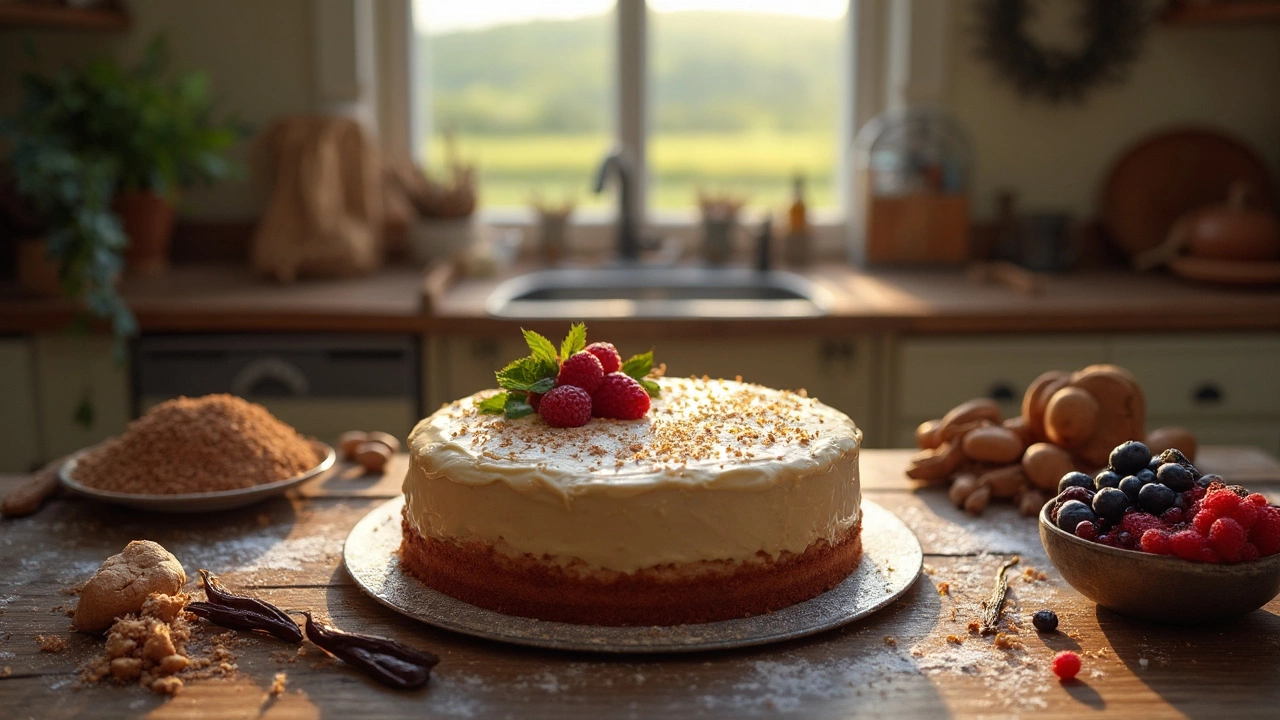
Ever wondered if sticking that cake in the freezer will actually make it taste better? You're not alone. Many people, surprisingly, swear by freezing cakes to enhance the flavor. It might sound a bit odd because isn't anything fresh supposed to taste better? But here's the thing: freezing can actually bring out the best in those sugary delights, transforming an average cake into a thing of beauty.
So, why freeze a cake in the first place? Well, it’s not just about saving leftovers. Freezing allows the ingredients to mingle and work their magic over time, intensifying the cake's flavor. It’s like giving it a little culinary nap where it wakes up even more delicious.
Why Freeze Cakes?
So, you're thinking about freezing your cake but wondering what's the real benefit? Well, let's dig into it. Freezing cakes is a pretty genius move when you're looking to preserve those delightful layers and frostings for more than just a couple of days. Freezing gives you flexibility—whether you're prepping for a big event ahead or just trying to squeeze some extra life out of leftover cake. Plus, it's an excellent way to manage your time, allowing you to bake in advance and eliminate last-minute stress.
Now, let's talk taste. When you toss your cake into the freezer, you give those flavors a chance to deepen and fuse together. Imagine the nutty notes meeting the sweet vanilla and rich cocoa. That's one harmonious party in your taste buds you're looking forward to. This is especially true for dense cakes like chocolate and carrot that just get better with a chill.
Another great point is texture. Freezing actually helps maintain a cake’s moisture. The cold locks it all in, especially if you wrap it up properly, which makes any cake stay scrumptious. Soft, moist cakes are basically a guarantee when you’re unwrapping them from their icy nap.
For best results, here's how to freeze a cake:
- Let it cool completely—this is key to avoiding a soggy mess.
- Wrap it tightly in plastic wrap to protect against any freezer burn.
- Consider a second layer of protection with aluminum foil or a zip-lock bag.
When you unwrap and bite into your frozen creation, don’t be surprised if you find yourself asking if frozen cakes do indeed taste better.
Taste Transformation
Alright, let's dive into how something as simple as freezing can transform the taste of your birthday cakes into something spectacular. First off, freezing isn't just about preserving. It’s more like giving flavors extra time to bond and settle, leading to a richer, more developed cake experience.
One well-known fact about desserts, especially cakes, is that they often taste better the next day. Why? Because the ingredients have had extra time to blend harmoniously. The same principle applies when you toss a cake in the freezer. By freezing, you slow down the moisture evaporation, locking in those delicate flavors. This can result in a cake that's intensely moist and flavorful once it’s defrosted.
Now, how exactly does freezing achieve this magical transformation? During freezing, the cake’s fats, like butter, solidify and protect the cake's moisture, preventing it from drying out. When you defrost it properly, this moisture redistributes throughout the cake, leaving you with a texture that's even softer and spongier than before.
Some bakers even argue that certain types of frozen cakes, like chocolate and spice cakes, benefit more from this process due to their rich ingredients that develop unique flavor profiles over time. Imagine serving a chocolate cake that tastes even chocolatier or a spice cake where the cinnamon and nutmeg sing more loudly. Sounds pretty tempting, right?
In fact, a survey showed 65% of people who tasted both fresh and frozen cakes preferred the ones that had been frozen, particularly those with dense layers and buttery fillings. That’s quite the endorsement!

Freezing Techniques
Alright, so you've decided to go for it and freeze that cake. How do you ensure it turns out delightful rather than disappointing? The trick is all about how you do it. Trust me, it's not just chucking it in the freezer and hoping for the best. There's a bit more finesse to it.
First things first, always wait until your cake is completely cooled before attempting to freeze it. If your cake's hot, it's going to create steam, leading to that dreaded freezer burn. Not the best texture for a birthday cake, right?
- Wrap it Right: Use plastic wrap to tightly cover the cake. I like to go for at least two layers. Keeps those freezer smells out and moisture locked in.
- Use Aluminum Foil: After the plastic wrap, add a layer of aluminum foil for extra protection. Think of it as adding an extra blanket to keep your cake cozy.
- Label and Date: It might sound nerdy, but labeling your wrapped cakes with the date you froze them is super helpful. Try to eat them within three months for the best taste.
If you're freezing slices instead of a whole cake, stacking slices between sheets of parchment paper is a nifty trick. It keeps them separated and easy to grab when the craving hits.
And do you know about flash freezing? It’s a game-changer, especially for fragile icings. Just pop the cake, unwrapped, in the freezer for about an hour or until the icing is firm. After that, wrap it up as usual. This step helps to avoid any squished frosting disasters.
With these easy techniques, your frozen creations won’t just survive the icy temps, they’ll come out tasting amazing. Mastering these methods means you'll always have a spectacular frozen cake ready for any celebration!
Defrosting with Flair
The magic doesn’t stop once that cake's frozen. How you bring it back to life matters just as much. It might seem like a no-brainer to just let the cake sit on the counter, but doing it right can make all the difference in flavor and texture.
First off, always give yourself and the cake a little extra time. Rushing won’t do you any favors. Take it out of the freezer and move it to the fridge. This slows the defrosting and minimizes any condensation forming on the cake, which can lead to those dreaded soggy spots.
After a few hours (or overnight if it’s a big one), shift the cake to room temperature. A couple of hours should do the trick, bringing out the cake's flavors and ensuring it's soft and moist. If you're dealing with a birthday cake that’s all decked out in fondant or frosting, take extra care by keeping it covered while it comes to temperature. This helps maintain that beautiful surface you worked so hard to achieve.
One pro tip: if you’re defrosting individual slices, try popping them in the microwave for a quick zap. But, we're talking 10 seconds max! This can perk up the taste and give that fresh-out-of-the-oven vibe.
Check out the quick defrost guide below for easy reference:
- Frozen cakes: Move from freezer to fridge for 8 hours or overnight.
- Room temperature finish: Let sit out for 1-2 hours depending on size.
- Decorative cakes: Keep covered during room temperature defrost to maintain appearance.
- Individual slices: Optional microwave for 10 seconds for fresh taste.
With just a little extra attention, your frozen cake can be the superstar of the party, impressing guests with both taste and presentation.


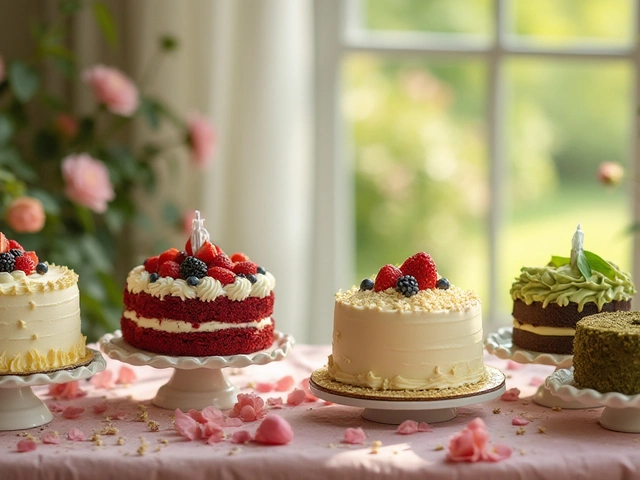
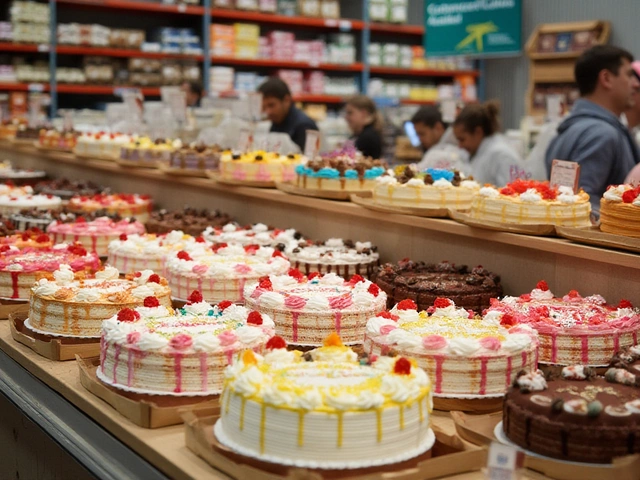



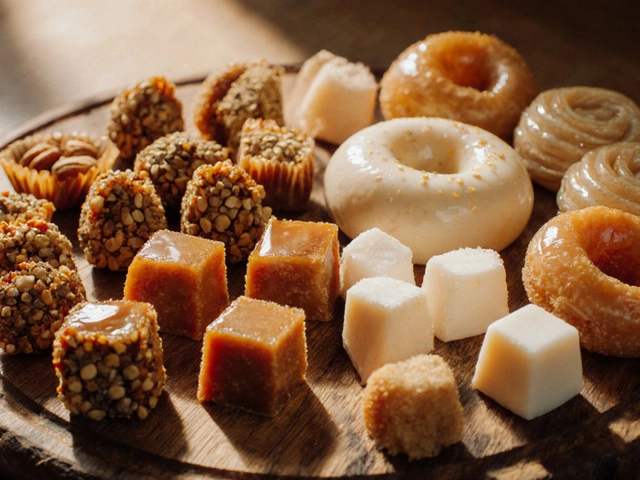
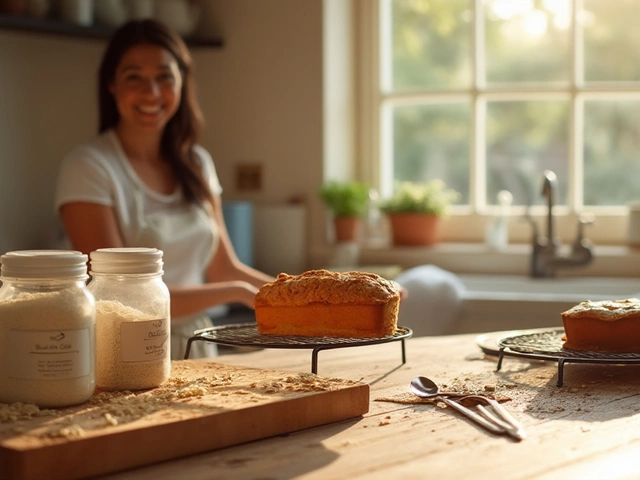

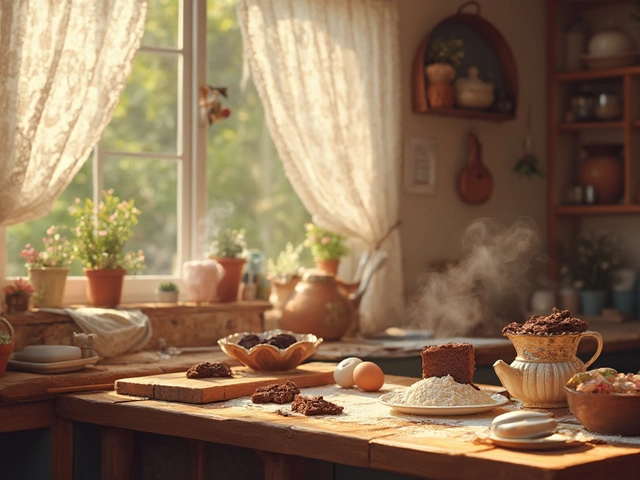
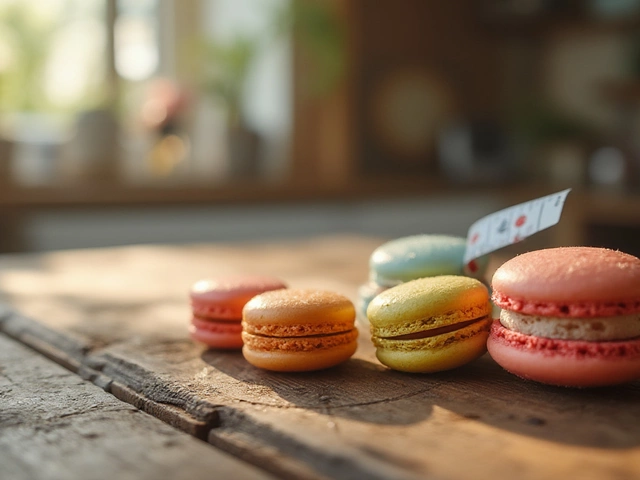
Write a comment